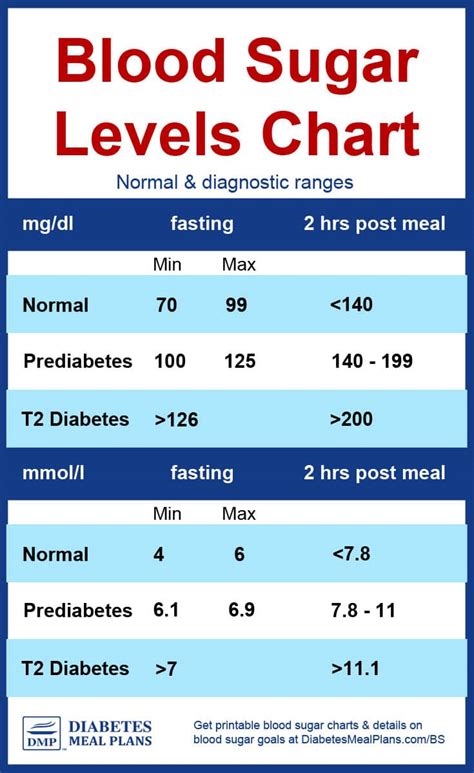Stool Check Up: Detect Health Issues

The humble stool test - a crucial yet often overlooked aspect of our health check-ups. It may not be the most glamorous topic, but analyzing our stool can reveal a wealth of information about our overall health and detect potential issues before they become major problems. In this comprehensive guide, we’ll delve into the world of stool analysis, exploring its importance, the different types of tests available, and what our stool can tell us about our health.
The Importance of Stool Analysis
Stool analysis, also known as fecal testing, is a diagnostic tool used to examine the waste matter that our body eliminates. By analyzing our stool, healthcare professionals can gain valuable insights into our digestive health, identify potential infections or diseases, and even detect certain types of cancer. But why is stool analysis so important? The answer lies in the fact that our stool is a reflection of our overall health. The food we eat, the nutrients we absorb, and the waste we eliminate all play a crucial role in maintaining our bodily functions. By examining our stool, healthcare professionals can:
- Identify digestive disorders such as irritable bowel syndrome (IBS), inflammatory bowel disease (IBD), or celiac disease
- Detect infections caused by bacteria, viruses, or parasites
- Monitor the effectiveness of treatments for various conditions
- Screen for certain types of cancer, such as colon cancer
Types of Stool Tests
There are several types of stool tests available, each designed to detect specific health issues. Some of the most common types of stool tests include:
- Fecal Occult Blood Test (FOBT): This test detects hidden blood in the stool, which can be a sign of colon cancer or other gastrointestinal disorders.
- Fecal Immunochemical Test (FIT): Similar to FOBT, this test also detects blood in the stool, but it’s more sensitive and can detect smaller amounts of blood.
- Stool Culture: This test identifies the presence of bacteria, viruses, or parasites in the stool, which can help diagnose infections.
- Ova and Parasite (O&P) Test: This test detects the presence of parasites, such as worms or protozoa, in the stool.
- Stool PCR (Polymerase Chain Reaction) Test: This test uses DNA analysis to detect the presence of specific bacteria, viruses, or parasites in the stool.
What Can Our Stool Tell Us About Our Health?
Our stool can reveal a wealth of information about our health, from digestive issues to potential infections. Here are some common things that our stool can tell us:
- Color: A normal stool is typically brown in color. However, changes in color can indicate underlying health issues. For example, a black stool can indicate bleeding in the upper gastrointestinal tract, while a Clay-colored stool can indicate a lack of bile in the stool.
- Consistency: The consistency of our stool can also indicate health issues. A hard, dry stool can indicate constipation, while a loose, watery stool can indicate diarrhea.
- Frequency: The frequency of our bowel movements can also indicate health issues. Infrequent bowel movements can indicate constipation, while frequent bowel movements can indicate diarrhea.
- Odor: A strong, unpleasant odor can indicate an infection or an imbalance of gut bacteria.
The Connection Between Gut Health and Overall Health
Our gut health is closely linked to our overall health. The gut microbiome, which refers to the trillions of microorganisms that live in our gut, plays a crucial role in maintaining our bodily functions. An imbalance of gut bacteria, also known as dysbiosis, can lead to a range of health issues, including:
- Digestive disorders: IBS, IBD, and celiac disease are all linked to an imbalance of gut bacteria.
- Mental health issues: Research has shown that there is a strong link between gut health and mental health. An imbalance of gut bacteria has been linked to depression, anxiety, and other mental health issues.
- Autoimmune disorders: An imbalance of gut bacteria has been linked to autoimmune disorders such as rheumatoid arthritis and lupus.
Practical Applications of Stool Analysis
Stool analysis is not just a diagnostic tool; it can also be used to monitor the effectiveness of treatments and prevent future health issues. Here are some practical applications of stool analysis:
- Monitoring digestive health: Regular stool tests can help monitor digestive health and detect potential issues before they become major problems.
- Detecting infections: Stool tests can detect infections caused by bacteria, viruses, or parasites, allowing for early treatment and prevention of complications.
- Screening for cancer: Stool tests can screen for certain types of cancer, such as colon cancer, allowing for early detection and treatment.
FAQ Section
What is a stool test, and why is it important?
+A stool test is a diagnostic tool used to examine the waste matter that our body eliminates. It's important because it can reveal valuable insights into our digestive health, detect potential infections or diseases, and even detect certain types of cancer.
What are the different types of stool tests available?
+There are several types of stool tests available, including FOBT, FIT, stool culture, O&P test, and stool PCR test. Each test is designed to detect specific health issues, such as hidden blood in the stool, infections, or parasites.
What can our stool tell us about our health?
+Our stool can reveal a wealth of information about our health, from digestive issues to potential infections. Changes in color, consistency, frequency, and odor can all indicate underlying health issues.
How is gut health linked to overall health?
+Our gut health is closely linked to our overall health. The gut microbiome plays a crucial role in maintaining our bodily functions, and an imbalance of gut bacteria can lead to a range of health issues, including digestive disorders, mental health issues, and autoimmune disorders.
What are the practical applications of stool analysis?
+Stool analysis is not just a diagnostic tool; it can also be used to monitor the effectiveness of treatments and prevent future health issues. Regular stool tests can help monitor digestive health, detect potential issues before they become major problems, and even screen for certain types of cancer.
Conclusion
In conclusion, stool analysis is a powerful diagnostic tool that can reveal valuable insights into our health. By examining our stool, healthcare professionals can detect potential health issues, monitor the effectiveness of treatments, and even prevent future health problems. Whether you’re experiencing digestive issues or simply want to take a proactive approach to your health, stool analysis is an essential part of any health check-up. So next time you visit your doctor, don’t be afraid to ask about stool analysis - it could be the key to unlocking a healthier, happier you.


